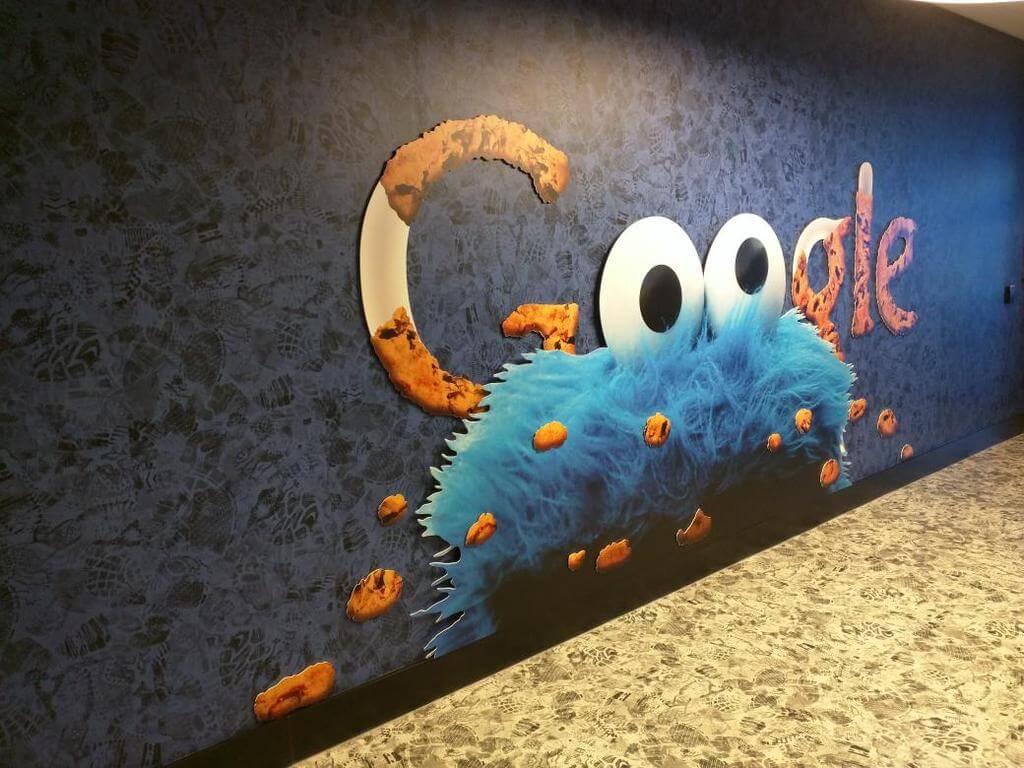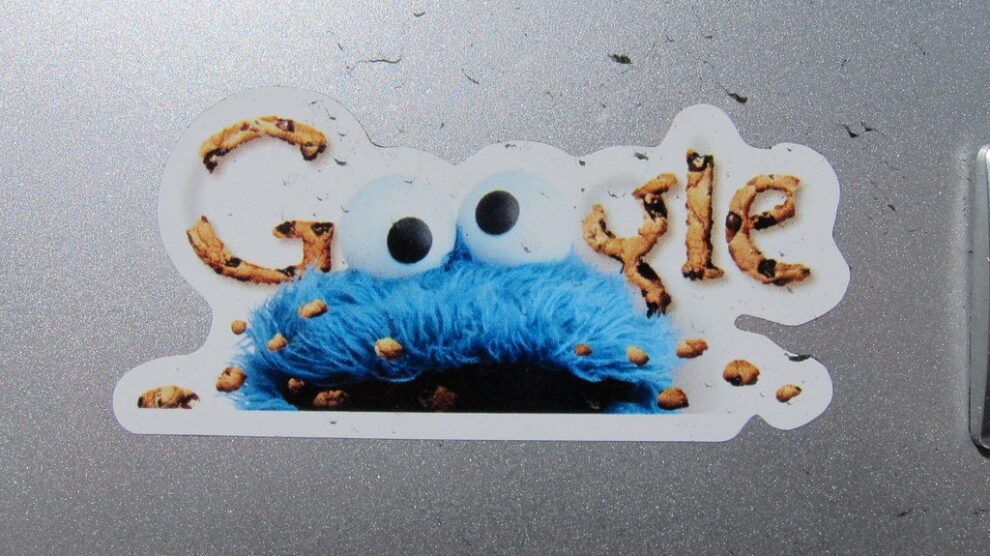Just when you thought the cookie jar was about to be sealed shut, Google has decided to keep it open a little longer. The tech giant’s recent announcement that it will continue supporting third-party cookies in Chrome has sent ripples through the advertising world, leaving marketers alternately sighing with relief and scratching their heads in confusion.
Let’s dive into this digital dessert drama and explore what it means for you, your online experience, and the future of internet advertising.

The Cookie That Wouldn’t Crumble: What’s Going On?
For those who might not be knee-deep in digital advertising jargon, here’s a quick refresher:
- Third-party cookies are small bits of data stored in your browser by websites other than the one you’re visiting.
- They help advertisers track your online behavior and serve you targeted ads.
- Google had previously announced plans to phase out these cookies in Chrome, citing privacy concerns.
- Now, they’ve backtracked on that decision, at least for the time being.
Advertisers’ Reactions: A Mixed Bag of Emotions
The Sweet Relief: “Thank Goodness, We Get to Keep Our Cookies!”
For many advertisers, Google’s decision feels like finding an unexpected stash of chocolate chips in the pantry. Here’s why some are celebrating:
- Targeted Advertising Lives On: Third-party cookies are a crucial tool for serving personalized ads. Their continued existence means advertisers can still reach you with products you might actually want.
- Familiar Territory: Many ad strategies are built around cookie data. This decision means advertisers don’t have to completely overhaul their approaches… yet.
- More Time to Adapt: The delay gives the industry more breathing room to develop alternative targeting methods.
The Bitter Aftertaste: “But What About Privacy?”
Not everyone in the advertising world is throwing a cookie party. Some concerns include:
- Delayed Progress: There’s worry that this move might slow down the development of more privacy-focused advertising solutions.
- Regulatory Uncertainty: As privacy laws evolve, relying on third-party cookies could become a liability.
- Consumer Trust: Some fear that continuing to use cookies could erode user trust in online advertising.
The First-Party Feast: A New Recipe for Success?
Amidst the cookie chaos, there’s a growing emphasis on first-party data. But what does this mean?
- First-party data is information collected directly from your interactions with a website or brand.
- It’s considered more reliable and privacy-friendly than third-party data.
- Many advertisers are focusing on building strategies around this type of data, regardless of what happens with cookies.
This shift could lead to more personalized experiences based on your direct interactions with brands, rather than your general online behavior.
The Antitrust Appetizer: Is Google’s Dominance a Concern?
Google’s decision has also reignited discussions about its market power:
- Some worry that Google’s control over Chrome gives it too much influence over online advertising.
- There are concerns that this could hinder competition and innovation in ad tech.
- Regulators might take a closer look at Google’s role in the digital advertising ecosystem.
What Does This Mean for You?
As an internet user, Google’s decision has several implications for your online experience:
- Personalized Ads Continue: You’ll likely keep seeing ads tailored to your browsing history and interests.
- Privacy Concerns Remain: If you’re worried about online tracking, you might need to take additional steps to protect your privacy.
- Evolving Landscape: The way you interact with brands online may change as they focus more on first-party data.
The Future of Digital Advertising: A Recipe in Progress
Google’s cookie decision is just one ingredient in the complex mixture of digital advertising. As technology evolves and privacy concerns grow, we’re likely to see continued changes in how ads are delivered online.
For now, the cookie jar remains open, but the recipe for online advertising is still being rewritten. As users, advertisers, and tech companies navigate this changing landscape, one thing is clear: the future of internet advertising is anything but cookie-cutter.
What are your thoughts on Google’s decision? Are you comfortable with third-party cookies, or do you prefer a more privacy-focused approach? The debate is far from over, and your voice as a user matters in shaping the future of online advertising.










Add Comment